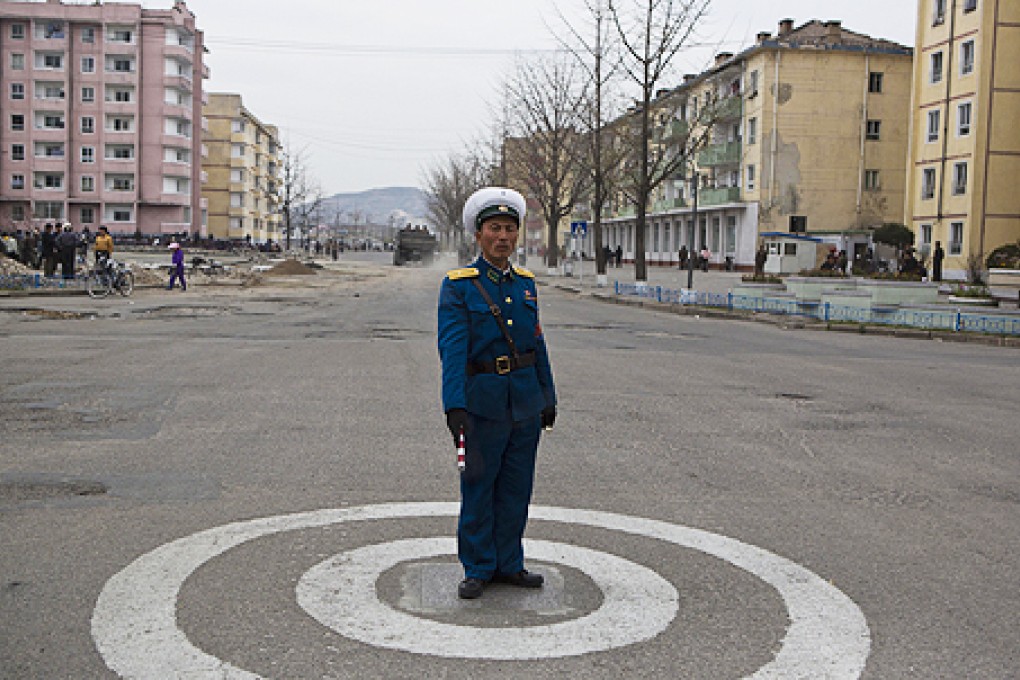South Korea offers North talks over Kaesong, warns on refusal

South Korea on Thursday offered North Korea formal talks on suspended operations at their joint Kaesong industrial zone, and hinted it might pull out entirely if Pyongyang declines.
The South said it was offering working-level talks to resolve the impasse over Kaesong, a rare symbol of inter-Korean cooperation that has become the most notable victim of escalating military tensions on the Korean peninsula.
But the offer came with an ultimatum of unspecified “significant measures” if Pyongyang fails to accept the proposal within 24 hours.
“There is no change on our stance to support the stable operation and improvement” of Kaesong, Unification Ministry Spokesman Kim Hyung-seok said.
“But we cannot let this situation continue as it is,” he added. “If North Korea rejects our proposal... we have no choice but to take significant measures.”
Kim did not elaborate, but the ultimatum suggested South Korea was considering a permanent withdrawal from the zone, which normally employs 53,000 workers at 123 South Korean companies.